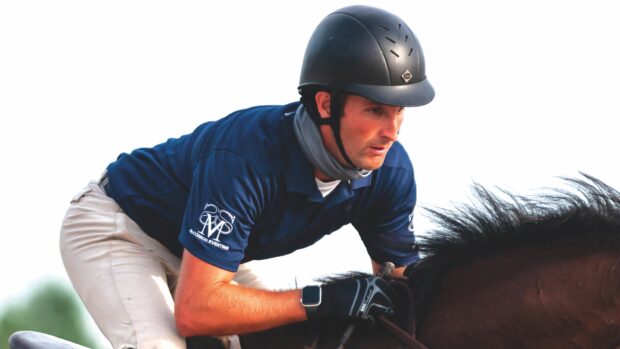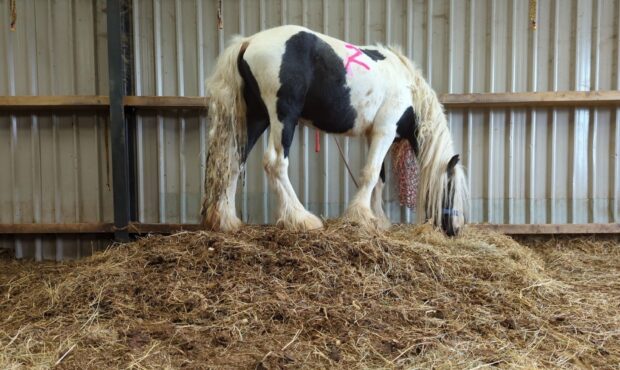Animal welfare charity the Brooke is calling for working equines in the developing world to be recognised.
Livestock policy and international development programmes exist to ensure owners can properly care for the animals contributing to their livelihoods.
However, equids are not involved in these schemes.
The programmes only include animals that directly produce food or fabrics, such as cows, chicken and goats.
| Popular articles |
On Monday (16 November), the charity released a report titled “Invisible Workers”, which shows how horses, donkeys and mules help their owners to earn money.
“Working animals are the invisible powerhouses of the developing world,” said Petra Ingram, of the charity.
“We want all policy makers to properly recognise the important role they play in supporting the lives of their owners.”
Equines work in many areas, including construction, agriculture and public transport.
Many work every day with inadequate access to food or water and suffer from wounds, disease and lameness.
Ms Ingram added it can be easy to forget in the developed world that horses once provided a great deal of labour to every-day people.
“For 600 million people around the world today that is still the reality — 112 million horses, donkeys and mules in the world are supporting their livelihoods,” she said.
“If people lose those animals because they don’t have access to welfare resources like vaccinations and health programmes, the impact can be devastating.”
The report finds that equines play a “critical role” in household incomes, but as they do not produce food they are “undervalued and perceived as of secondary importance” in livestock policy.
“The policy, legal and institutional framework for working equine animals is weak and inadequate, therefore unable to address their health and welfare needs,” it states.
“Better working equine welfare is not just about the animals; it is also about the people and countries who rely on them.
“Animal and human welfare should not be seen as separate and unconnected spheres.”




